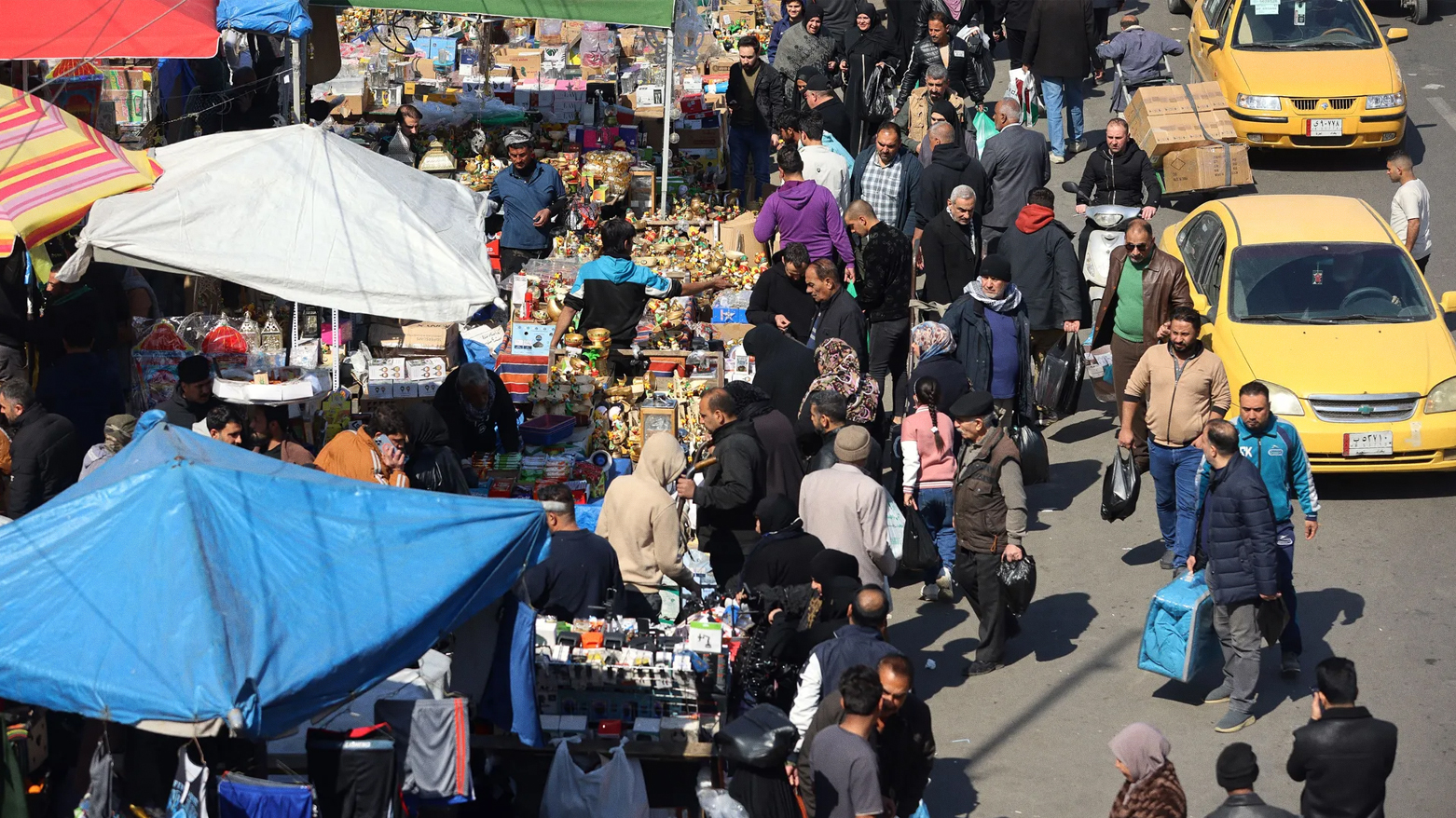Iraq Grapples with Service Shortfalls Amid Population Boom
Iraq’s population has surged past 46 million, overwhelming basic services like water, electricity, and housing. Citizens demand urgent reforms as officials fail to implement long-term plans. Calls grow for a birth control law to ease the strain on infrastructure.

By Kamaran Aziz
ERBIL (Kurdistan24) – As Iraq's population explodes beyond 46 million, citizens are voicing widespread complaints over inadequate services in water, electricity, and road paving, exacerbating a housing crisis and prompting calls for a birth control law that remains unimplemented.
Informal and formal residential areas are full of people, and streets are clogged with millions of cars. A population explosion in Iraq has surpassed 46 million, a number completely disproportionate to the available services for many of its residents, especially concerning electricity, water, roads, and schools. Even the services provided in some areas are in exchange for electoral favors.
This was the reality in Iraq on World Population Day.
A citizen told Kurdistan24, "We suffer from a lack of water for 9 or 11 days, sometimes even longer, and a shortage of many services, especially road paving, transportation, and electricity. Where did the money from all these budgets go?"
For his part, another citizen told Kurdistan24, "The situation is miserable, services are non-existent, and there are no job opportunities. We have no prospects in our lives. Rents are exorbitant. I pay 300,000 dinars a month for house rent, I have children with disabilities, and my situation is very difficult.
"Observers and some development specialists attribute the deterioration of services to the lack of medium or long-term plans. Consequently, the future will witness the loss of entire generations.
Political observer Atheer al-Shara told Kurdistan24, "Today, Iraq has a population of 46 million. This number requires housing complexes and extensive infrastructure to accommodate it. Therefore, I don't believe the current government, or even future ones, will be able to keep pace with this population explosion."
With the large and unplanned increase in population, some civil society organizations believe it is necessary to enact a law for birth control, even if only for a few years, especially given the inability of successive governments to implement proper development plans.
The reported issues in Iraq reveal a critical mismatch between rapid population growth exceeding 46 million and the provision of essential services, leading to prolonged shortages in water, electricity, and infrastructure that disrupt daily life and economic stability.
Citizens' experiences, including extended water outages and high rental costs amid personal hardships like disabilities, illustrate the human toll of these deficiencies, compounded by questions over budget allocation and the exchange of services for electoral gains. The absence of medium- and long-term planning, as noted by observers, risks generational setbacks, while skepticism from figures like Atheer al-Shara about governmental capacity underscores challenges in scaling housing and infrastructure.
Proposals from civil society for a temporary birth control law highlight a perceived need for regulatory intervention to align population dynamics with development capabilities, reflecting broader governance struggles in addressing unplanned demographic pressures on World Population Day.
Kurdistan24 correspondent Seif Ali from Baghdad contributed to this report.
